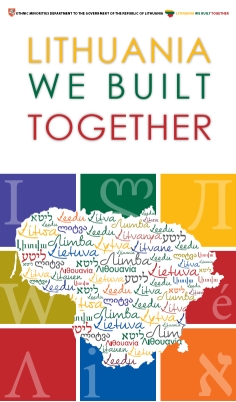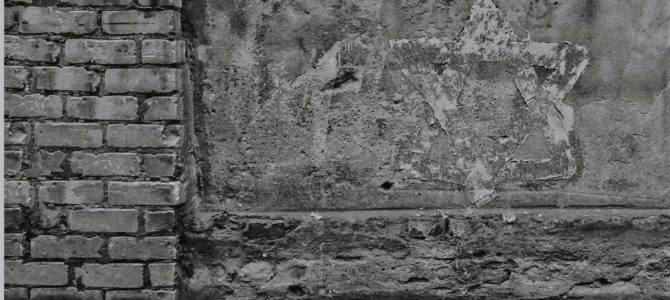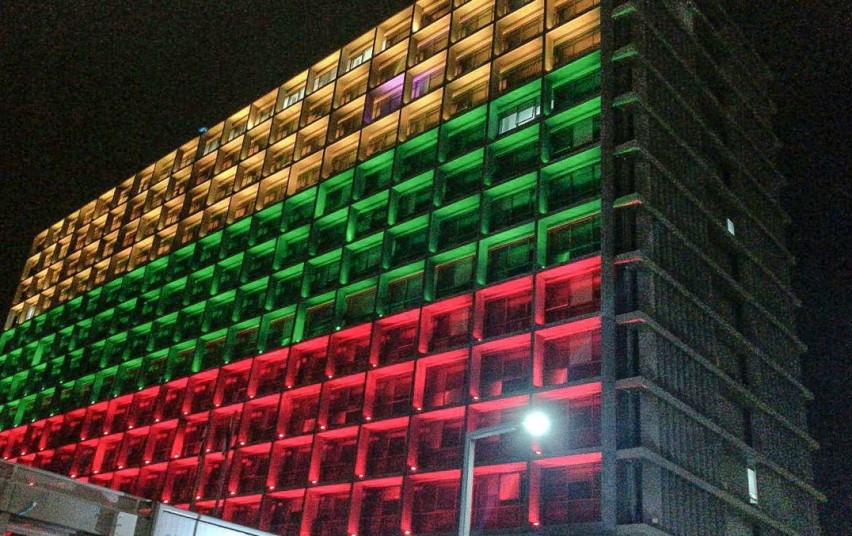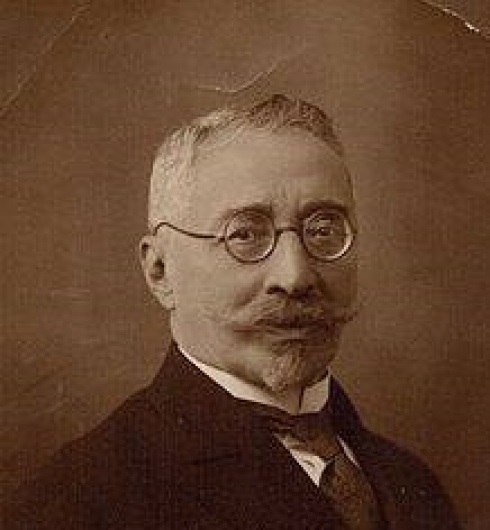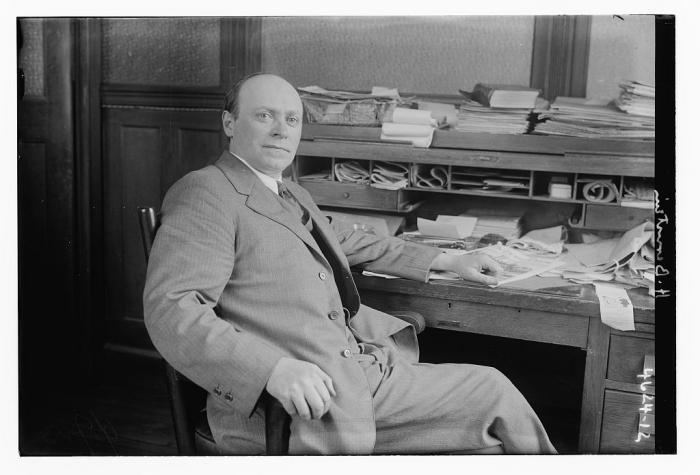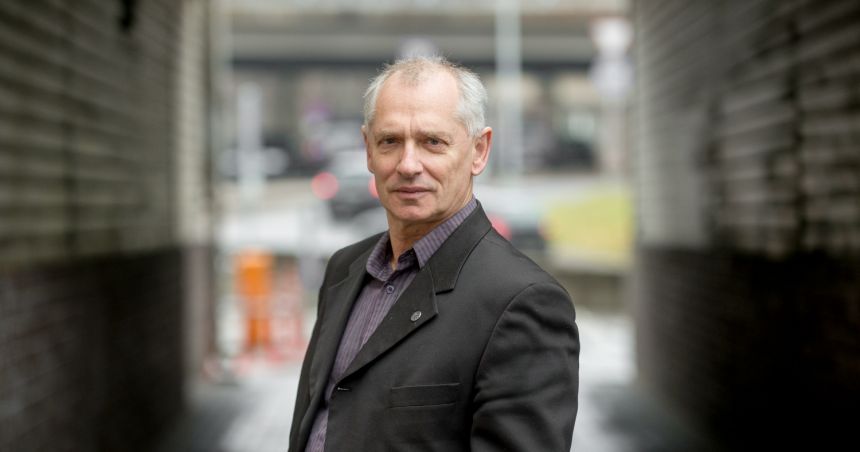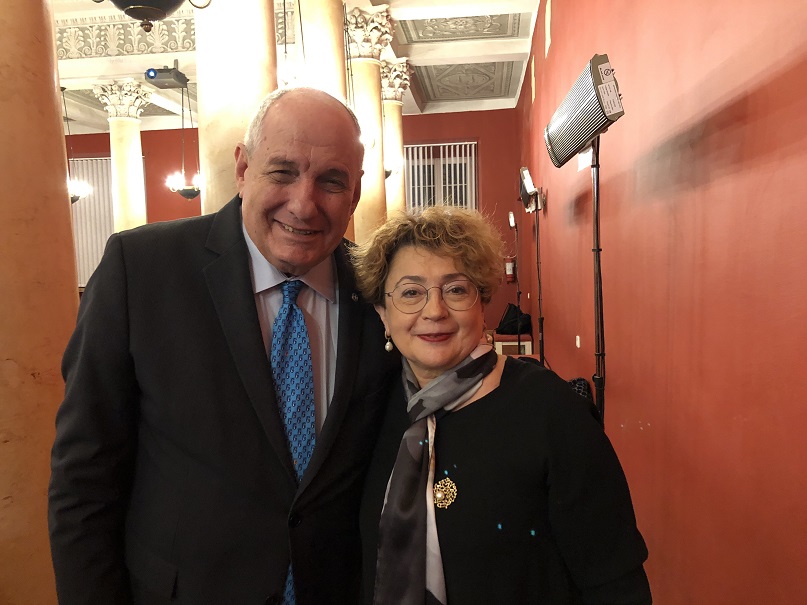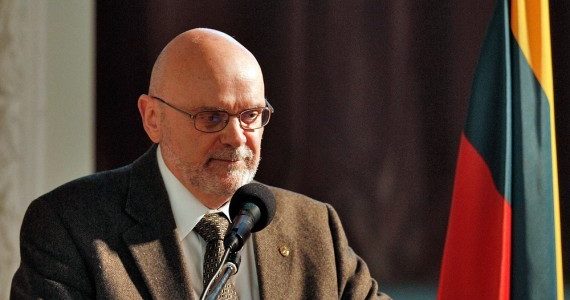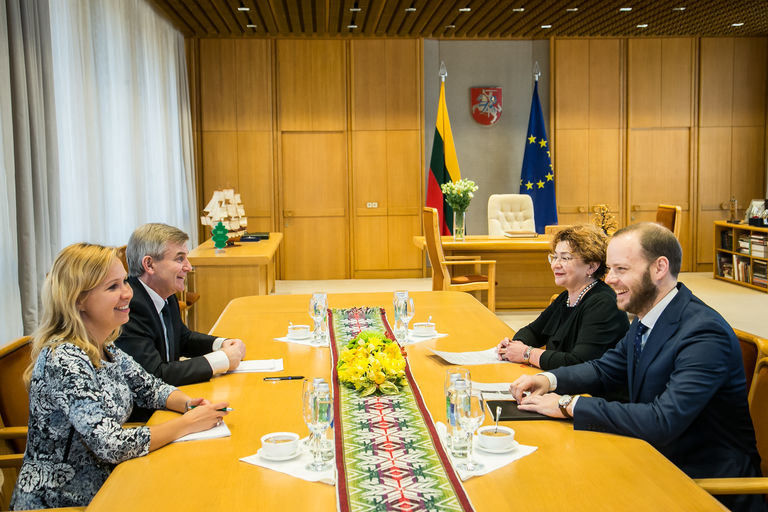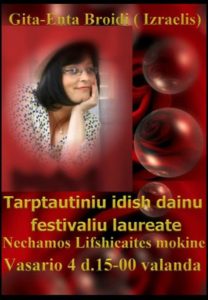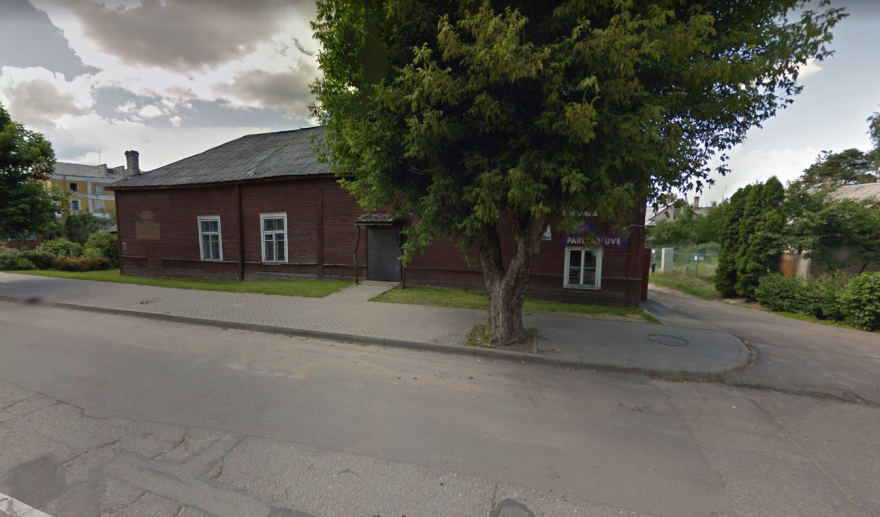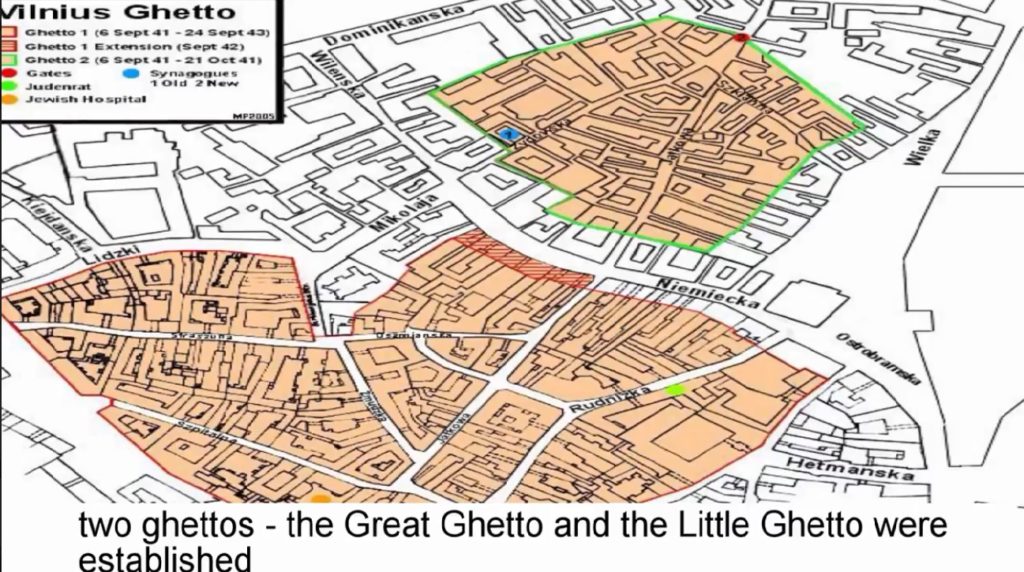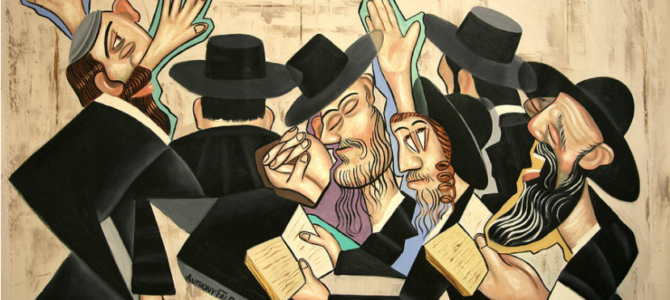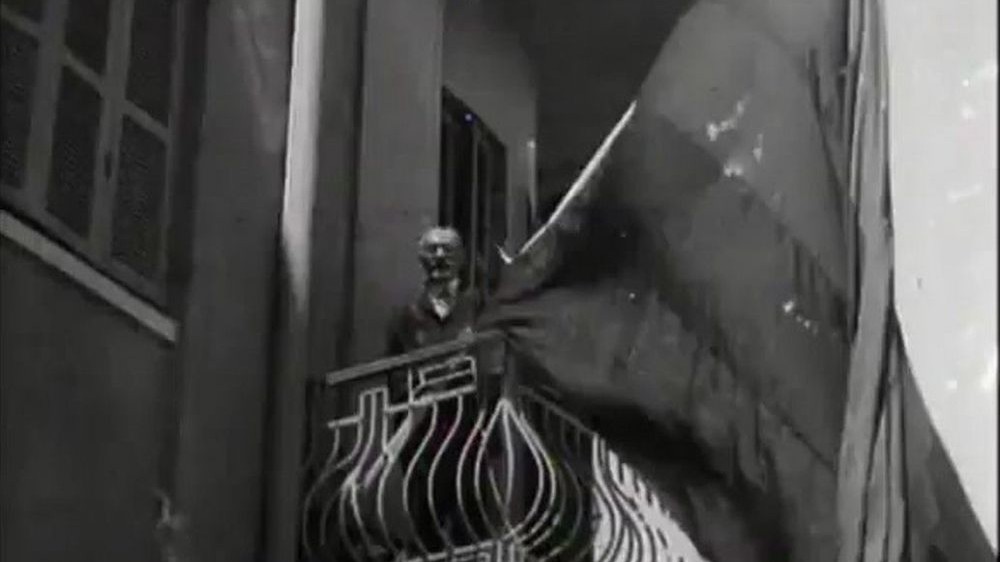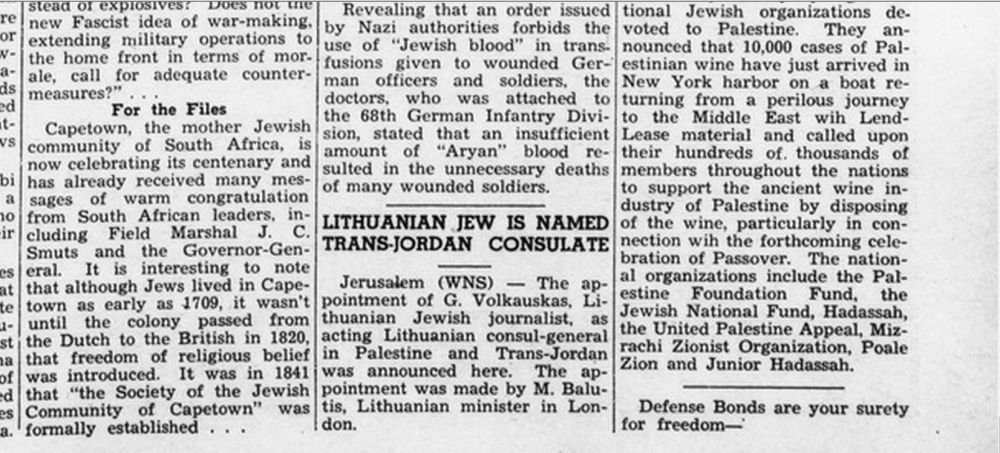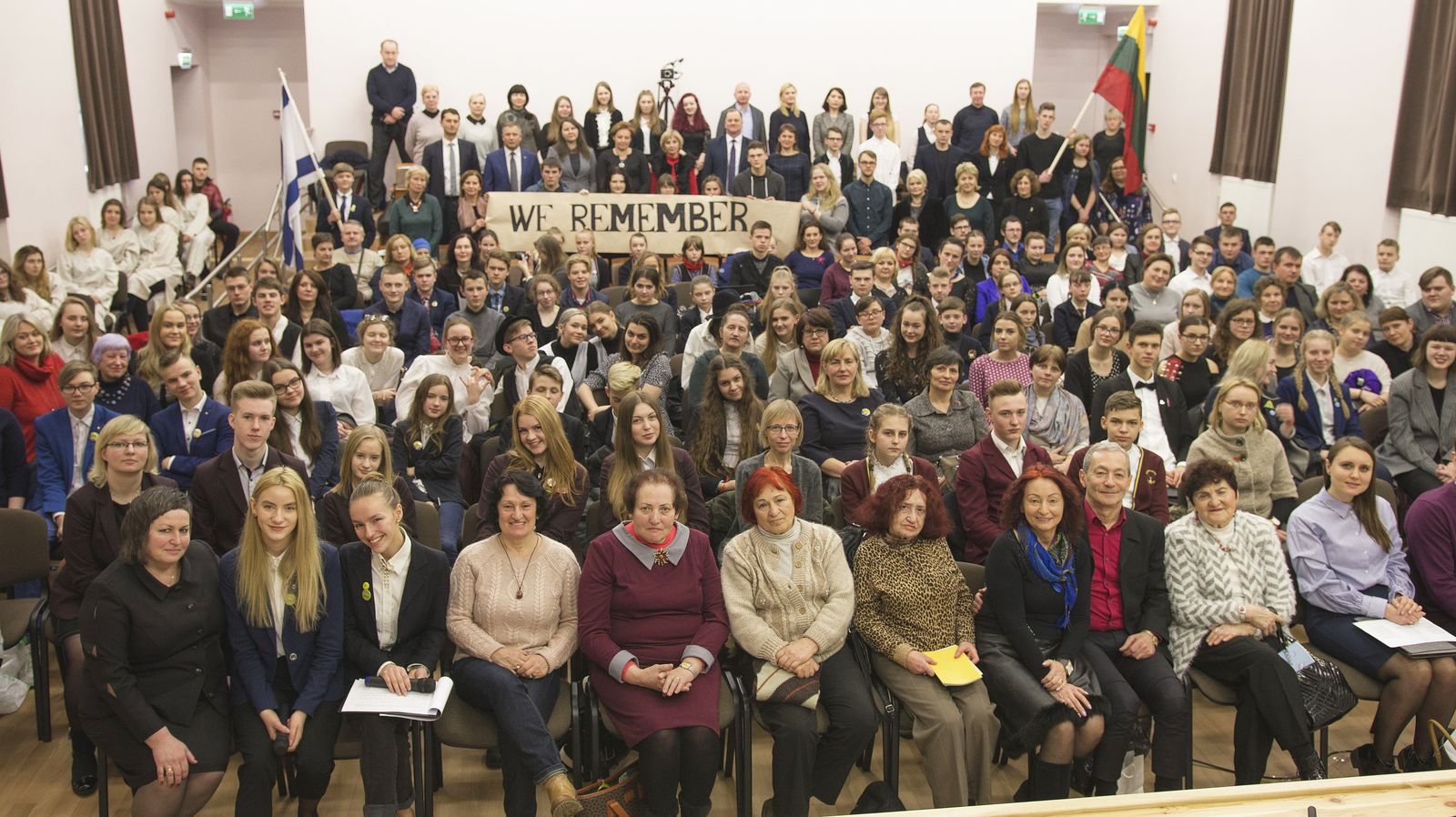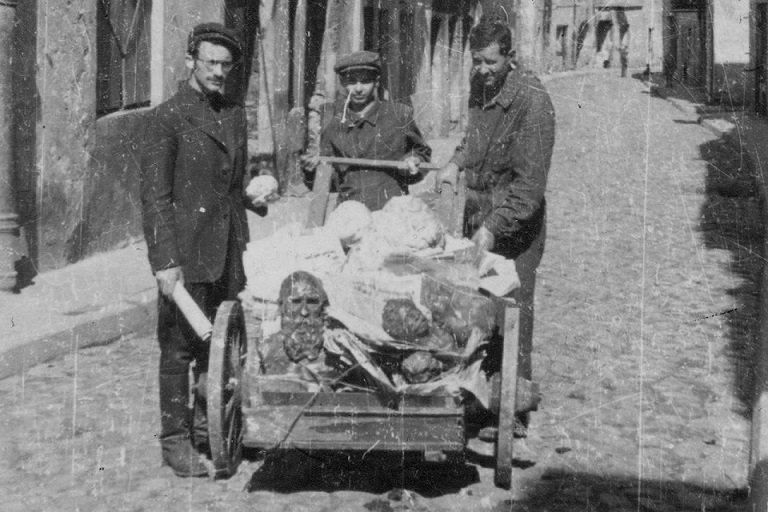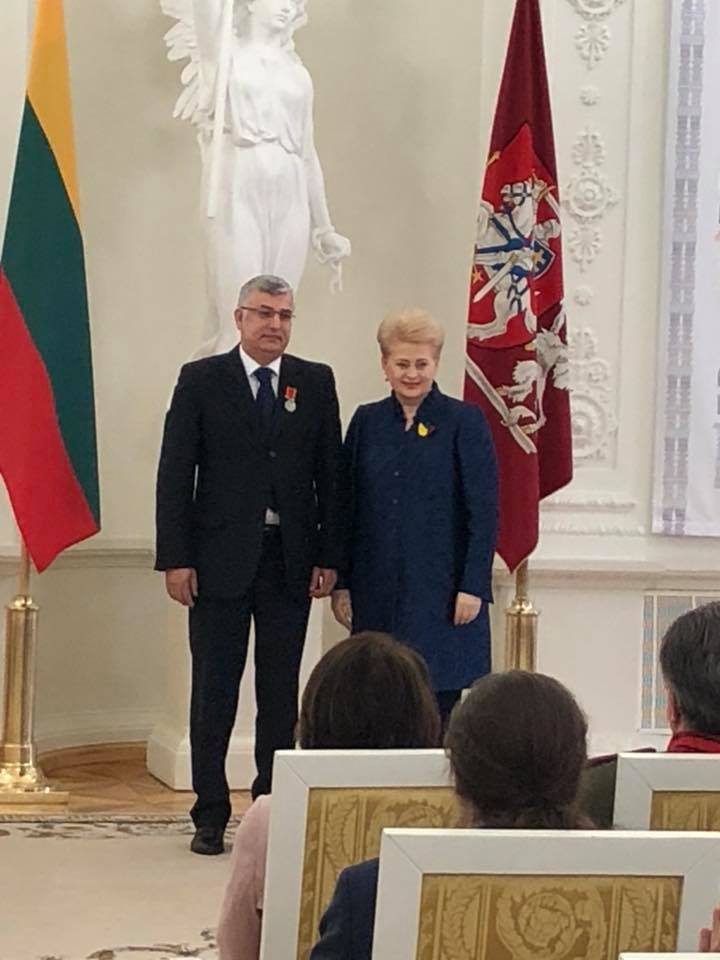
Lithuanian president Dalia Grybauskaitė awarded writer and founder of the Šeduva Jewish Memorial Fund Sergejus Kanovičius the state honor “For Merit to Lithuania” February 15. He received the award for his work to preserve the Lithuanian Jewish heritage. The bernardinai.lt website, where Kanovičius frequently contributes, published his acceptance speech:
I share, because I have received. That’s what my Parents taught me. That’s what my Parents learned from their Parents, my grandparents, to share what you get with others. Always, whether you have a lot or a little, and someone else has even less. I share because this is not all my doing. It probably isn’t even mine at all. It belongs to my Parents, to my entire family without whom I wouldn’t be able to work the work I do in Lithuania, it is my brother’s example to share, to support and help, and so it belongs to all of them.
What would I have been able to do for Lithuania alone? How would I have received this sort of award if not for the wonderful people who work with me? How would we be able to work without our hard-working patrons, without whose help we wouldn’t be able to make my vision and our mission happen?
I won’t lie, it’s very nice to be awarded. But it’s even nice to know this award doesn’t belong to me alone. It belongs to all of us. As it does to Lithuania, for whom we all must try to make a contribution, through work seen and unseen. Love and respect for our fellow man, respect for historical truth and justice, for commemorating the past. For commemorating that which has come down to us and must remain after us.
We have all done merit for Lithuania because we are her children. Let’s love her and be loved.
I sincerely believe this award, although it was given to me, really does belong to all of you.
My grandfather, may he rest in peace, the suit maker from Jonava, Shloime Kanovich, always used to ask any customer who came in, “Do you have material?” We have an abundance of material. What’s important is that we sew it together honestly.
Thank you, everyone. And as my Father wrote on a similar occasion and on completely justified grounds, thank you, Lithuania.
